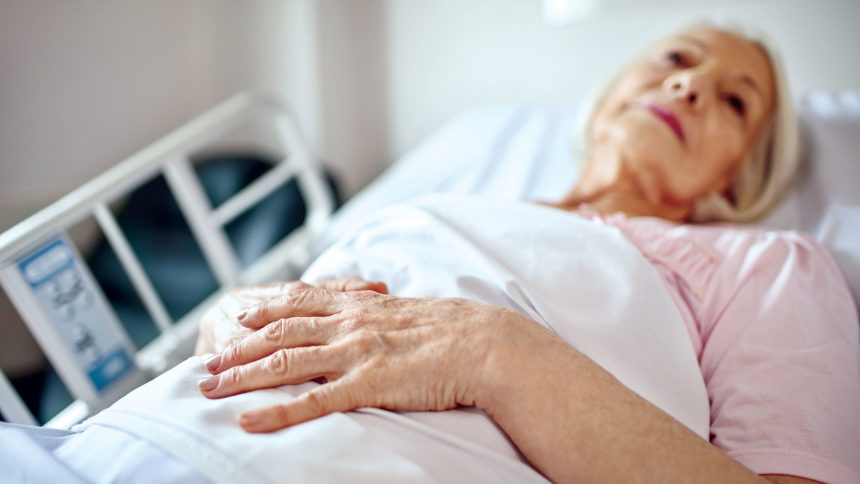
Older adults enrolled in Medicare Advantage plans had higher 30-day readmission rates than traditional Medicare enrollees in a study published Monday in the journal Annals of Internal Medicine.
The findings contrast with those of other recent studies that found that MA beneficiaries had lower readmission rates, the authors said. They noted, however, that their study included more comprehensive data. Nonetheless, the investigators called for additional research.
Lead author Orestis A. Panagiotou, M.D., Ph.D., of the Brown University School of Public Health, and colleagues, compared hospital readmission rates of patients discharged from the hospital between 2011 and 2014 with diagnoses of acute myocardial infarction, congestive heart failure or pneumonia. After adjusting for case mix using diagnosis codes on hospital claims (which may be subject to variation), the authors found that the Medicare Advantage beneficiaries had higher readmission rates than the traditional Medicare beneficiaries for all three conditions. The difference was greatest in patients with pneumonia.
“Rapid growth in MA enrollment is shifting how older adults receive Medicare benefits. Panagiotou and colleagues’ findings imply that this could adversely affect patient outcomes,” Peter Huckfeldt, Ph.D., of the University of Minnesota, and Neeraj Sood, Ph.D., of the University of Southern California wrote in a related editorial. “More work is needed to establish whether this is a persistent and causal effect of MA enrollment and what mechanisms are driving these differences,” they added.
The retrospective analysis of more than five million cases comes as an increasing number of senior living operators join or form their own Medicare Advantage plans, or consider doing so. The plans are becoming more popular with seniors, too. Enrollment in MA plans has almost doubled over the past decade and now includes approximately 20.4 million Americans, according to J.D. Power.



